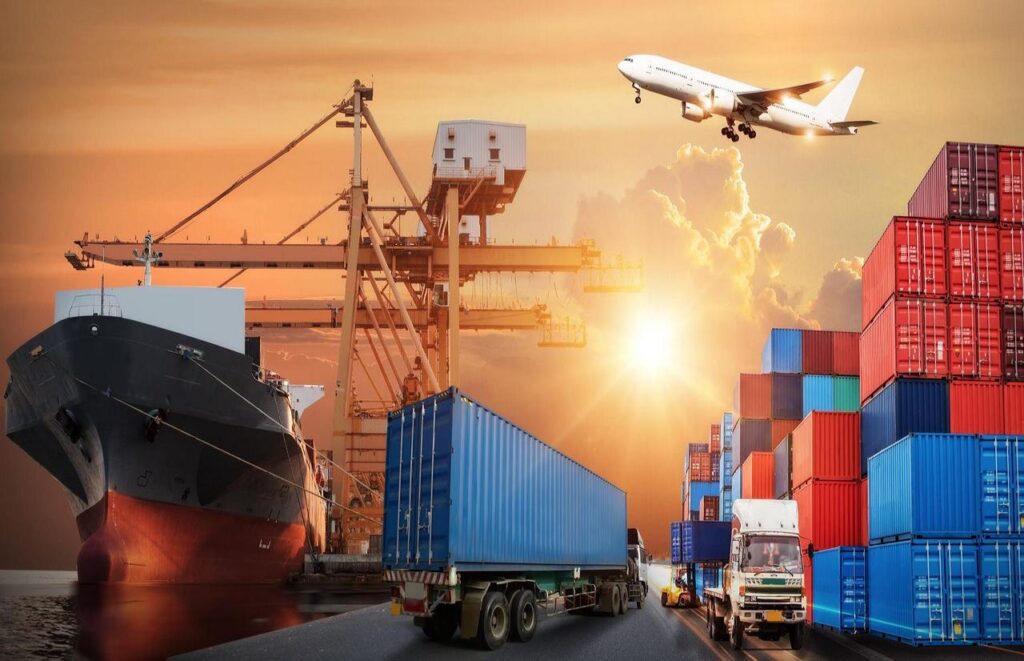Logistics is an essential component of modern commerce that plays a significant role in the global economy. It encompasses a wide range of activities, from transportation and warehousing to inventory management and supply chain optimization. As e-commerce continues to grow, the logistics industry is becoming increasingly vital for businesses aiming to meet customer demands efficiently and effectively.

(picture: Vla.com.vn )
Definition and Components of Logistics
At its core, logistics involves the planning, implementation, and control of the flow of goods and services from the point of origin to the point of consumption. Key components of logistics include:
1. Transportation: This involves the movement of goods via various modes—road, rail, air, and sea. Companies often have to choose the most cost-effective and timely transport method to meet delivery deadlines.
2. Warehousing: Storing goods effectively is crucial for managing inventory levels. Warehousing ensures that products are available when needed and helps reduce costs associated with overstocking or stockouts.
3. Inventory Management: This refers to the tracking of inventory levels to ensure that a company has the right amount of product available at all times. Effective inventory management helps reduce waste and enhances customer satisfaction.
4. Supply Chain Management: This is a broader approach that encompasses all activities involved in producing and delivering a product. It involves the coordination of suppliers, manufacturers, and retailers to ensure that goods move smoothly through the supply chain.
The Role of Technology in Logistics
Technological advancements have significantly transformed the logistics industry. With the rise of automation, artificial intelligence, and data analytics, logistics companies are now able to streamline operations and improve efficiency. Technologies such as Transportation Management Systems (TMS) and Warehouse Management Systems (WMS) facilitate better decision-making and enhance productivity.
Challenges Facing the Logistics Industry
Despite its importance, the logistics industry faces several challenges.
1. Globalization: As companies expand internationally, logistics operations become more complex. Navigating various regulations, customs, and tariffs can pose significant hurdles.
2. Sustainability: Increasing environmental concerns are pushing logistics companies to adopt more sustainable practices. This includes reducing carbon footprints, optimizing routes, and utilizing eco-friendly packaging materials.
3. Labor Shortages: Many logistics firms are struggling to find and retain skilled workers. The industry requires a variety of roles, from truck drivers to logistics analysts, and the demand often exceeds the supply.
The Future of Logistics
The logistics industry is poised for continued growth and transformation. As consumer expectations for fast and reliable delivery increase, companies will need to innovate and adapt to stay competitive. The integration of robotics, autonomous vehicles, and drones is likely to revolutionize the way goods are transported and delivered.
Moreover, the COVID-19 pandemic has highlighted the importance of resilient supply chains. Companies are investing more in technology and developing flexible strategies to respond to future disruptions.
Conclusion
In conclusion, the logistics industry is a crucial element of the global economy. As it continues to evolve with technological advancements and changing consumer demands, businesses must stay agile and proactive in their logistics strategies. By addressing challenges and embracing innovation, the logistics industry can thrive and contribute to sustainable economic growth in the years to come.
